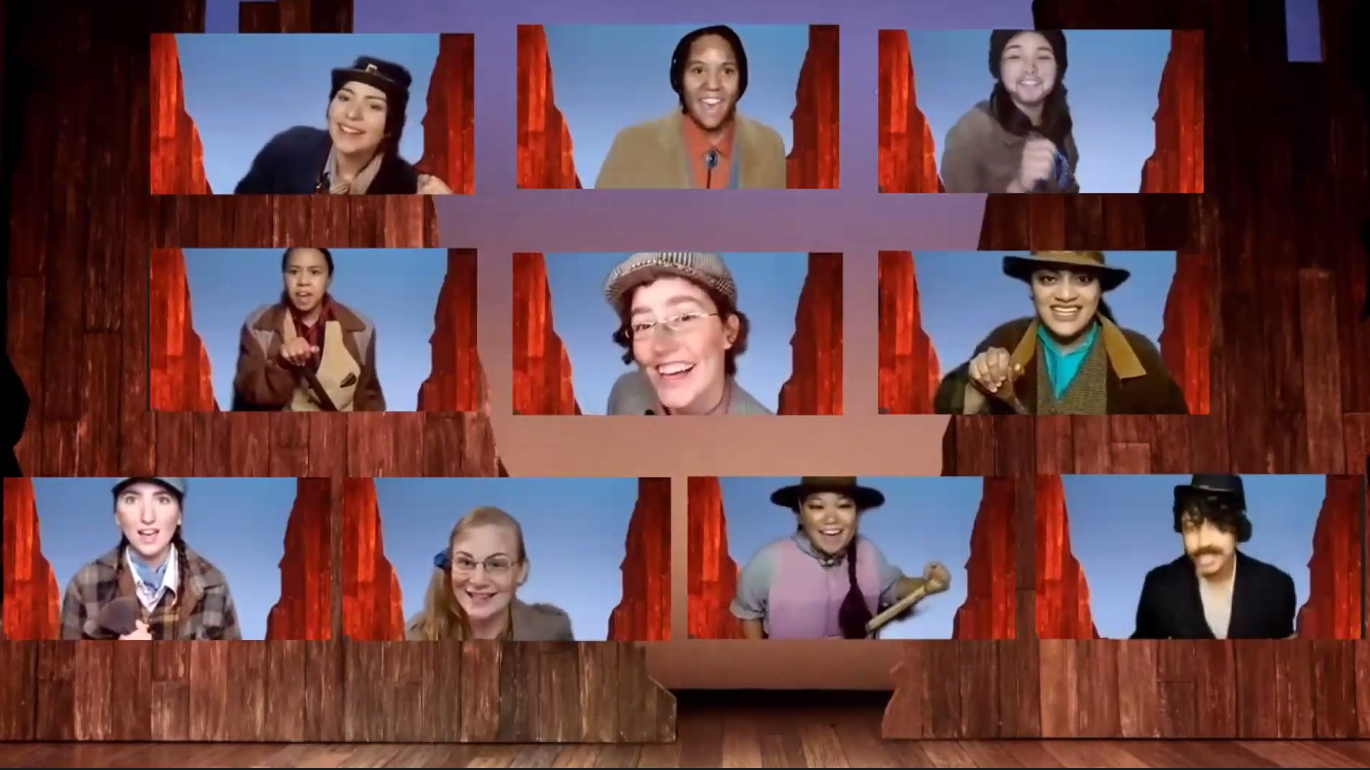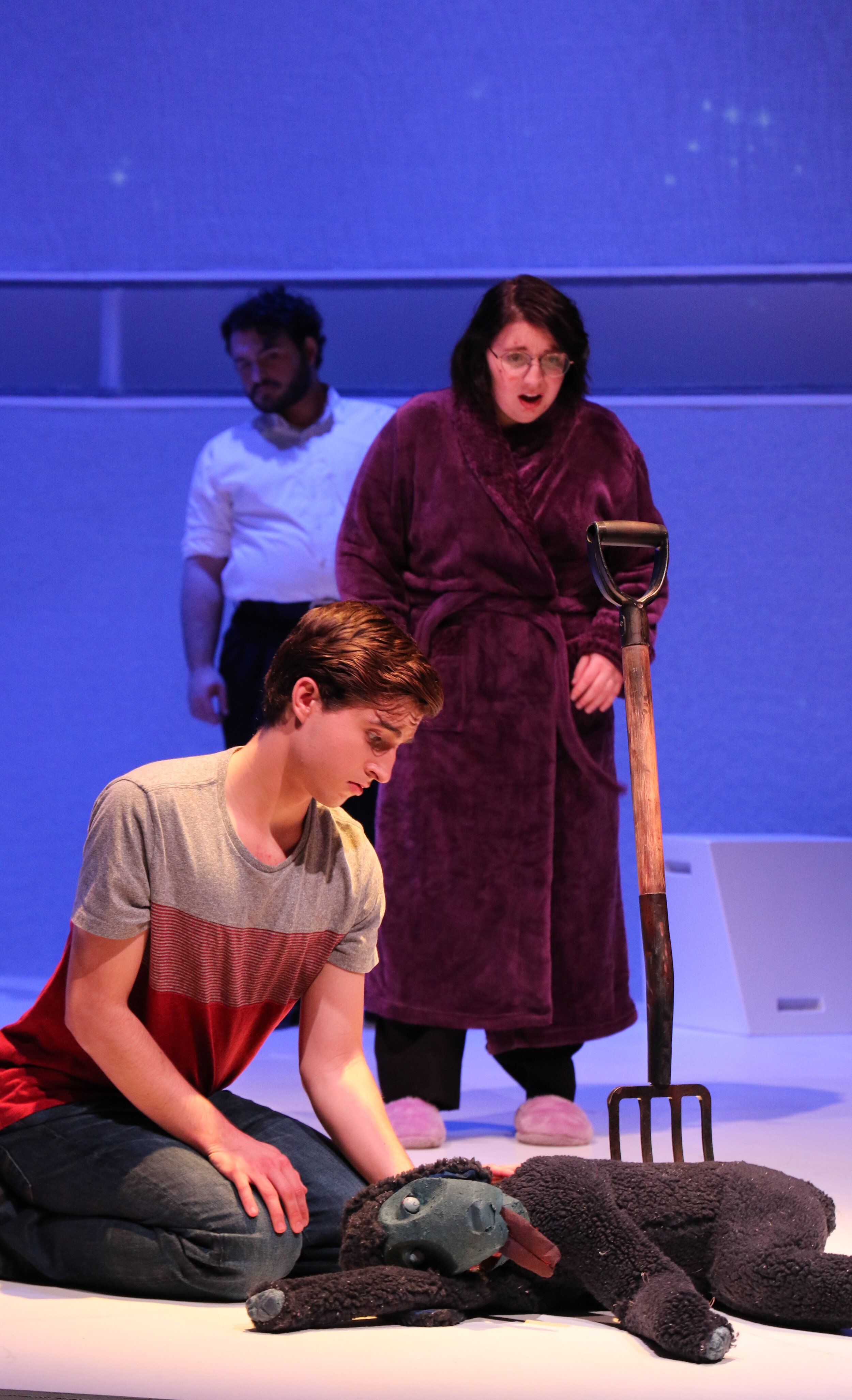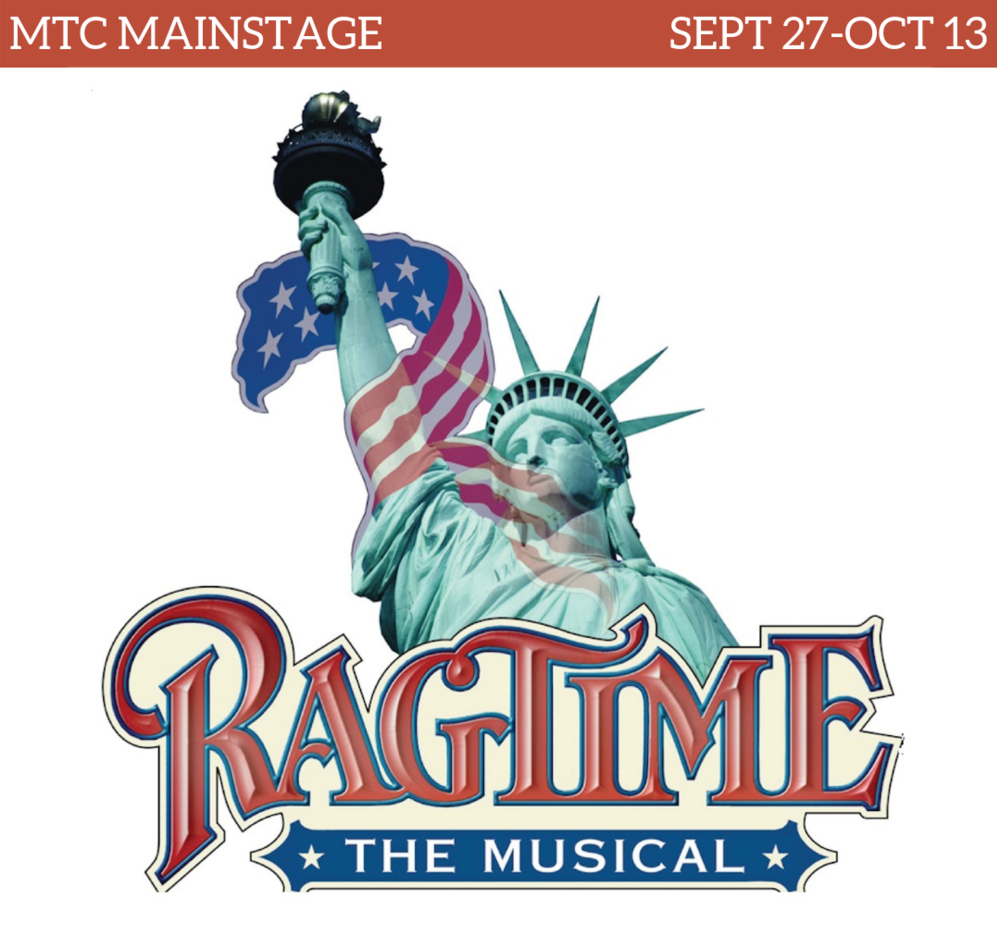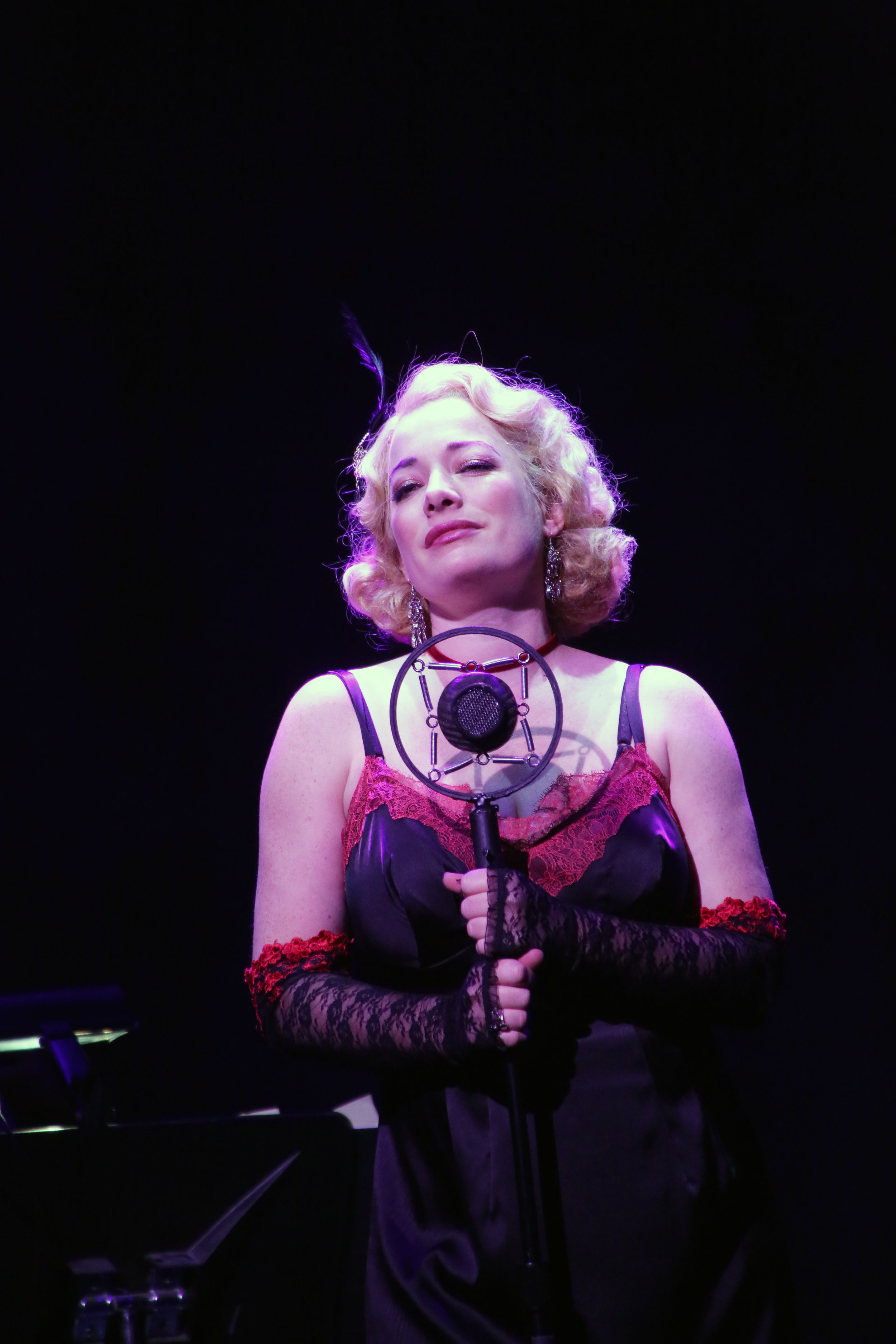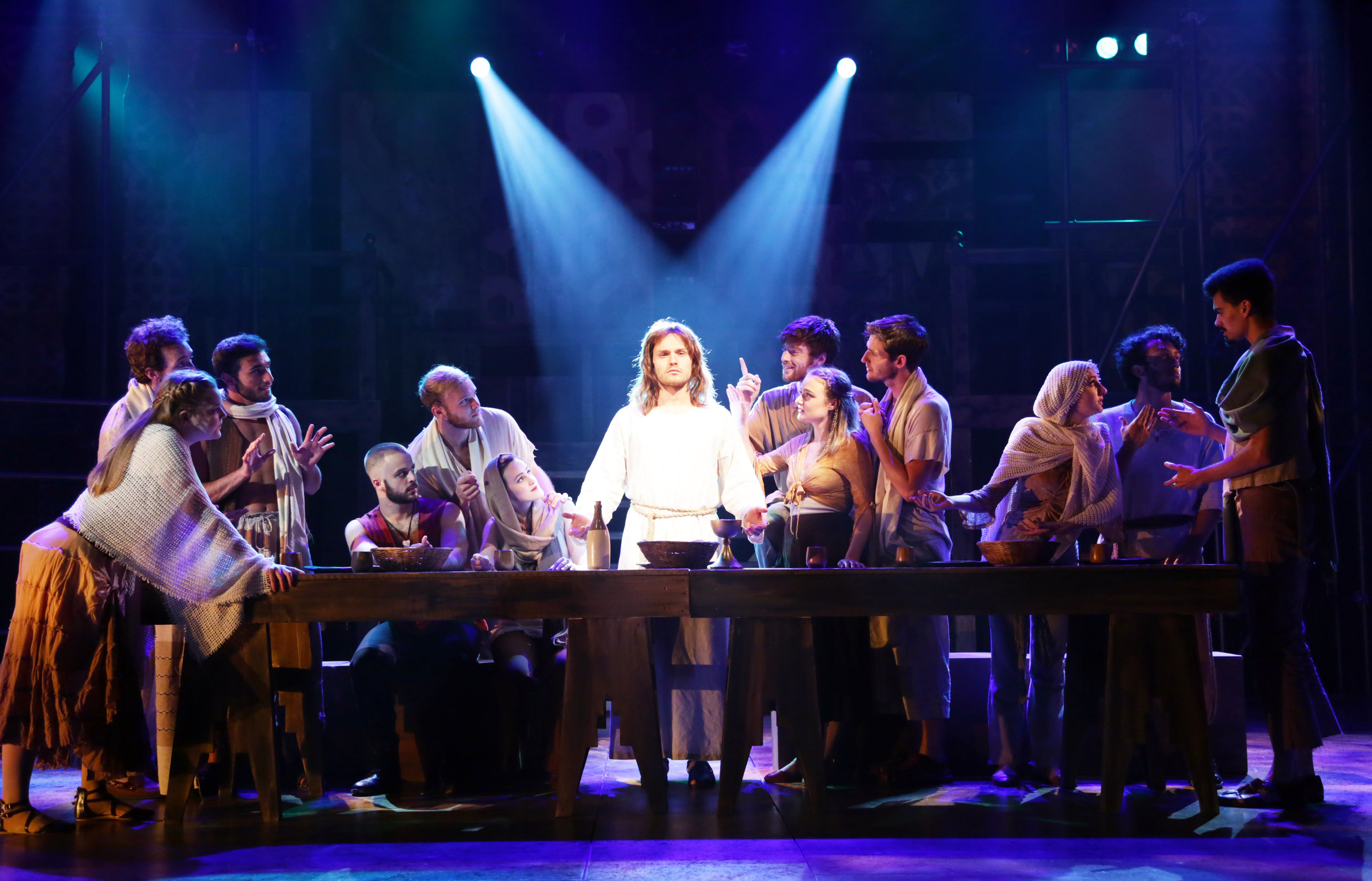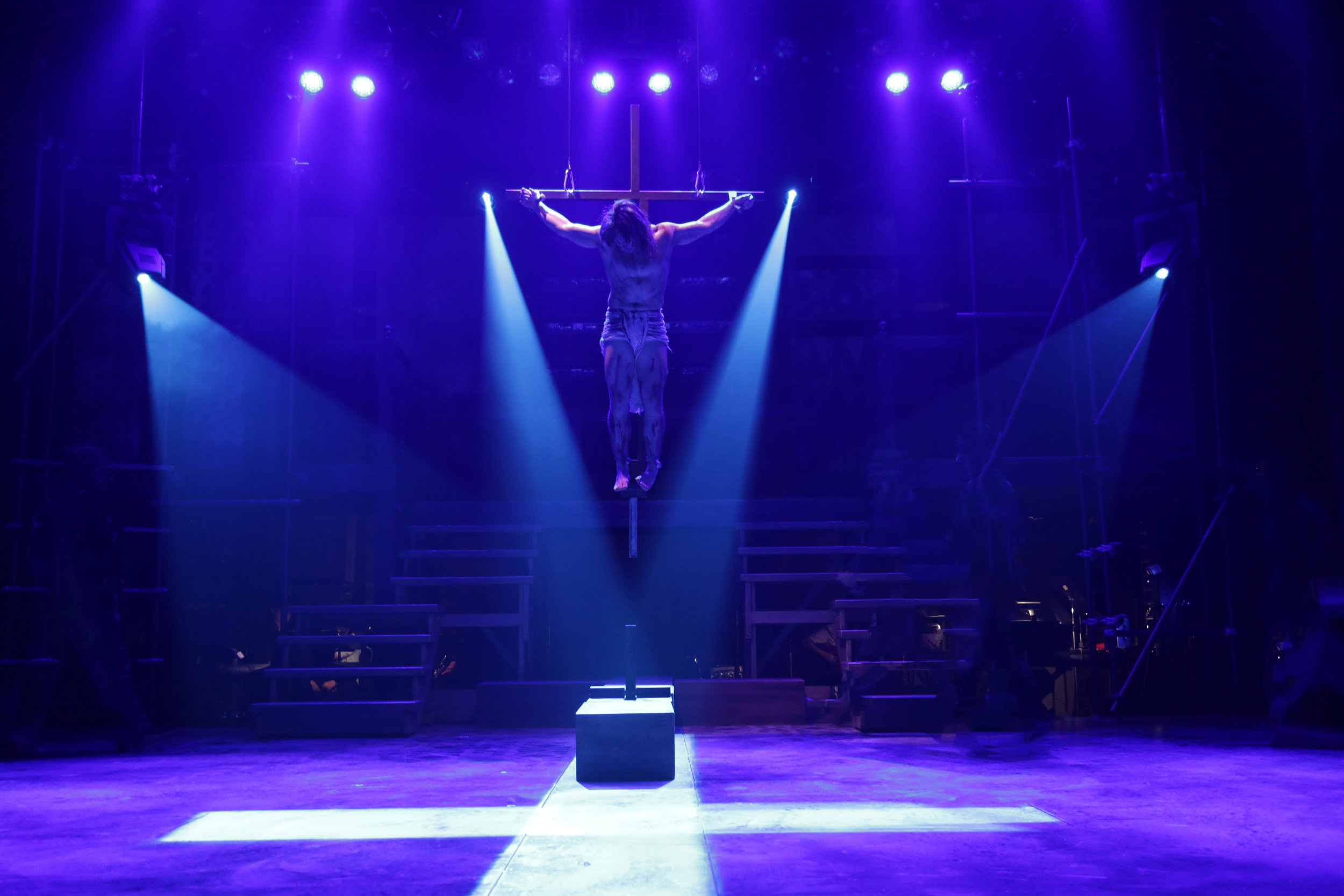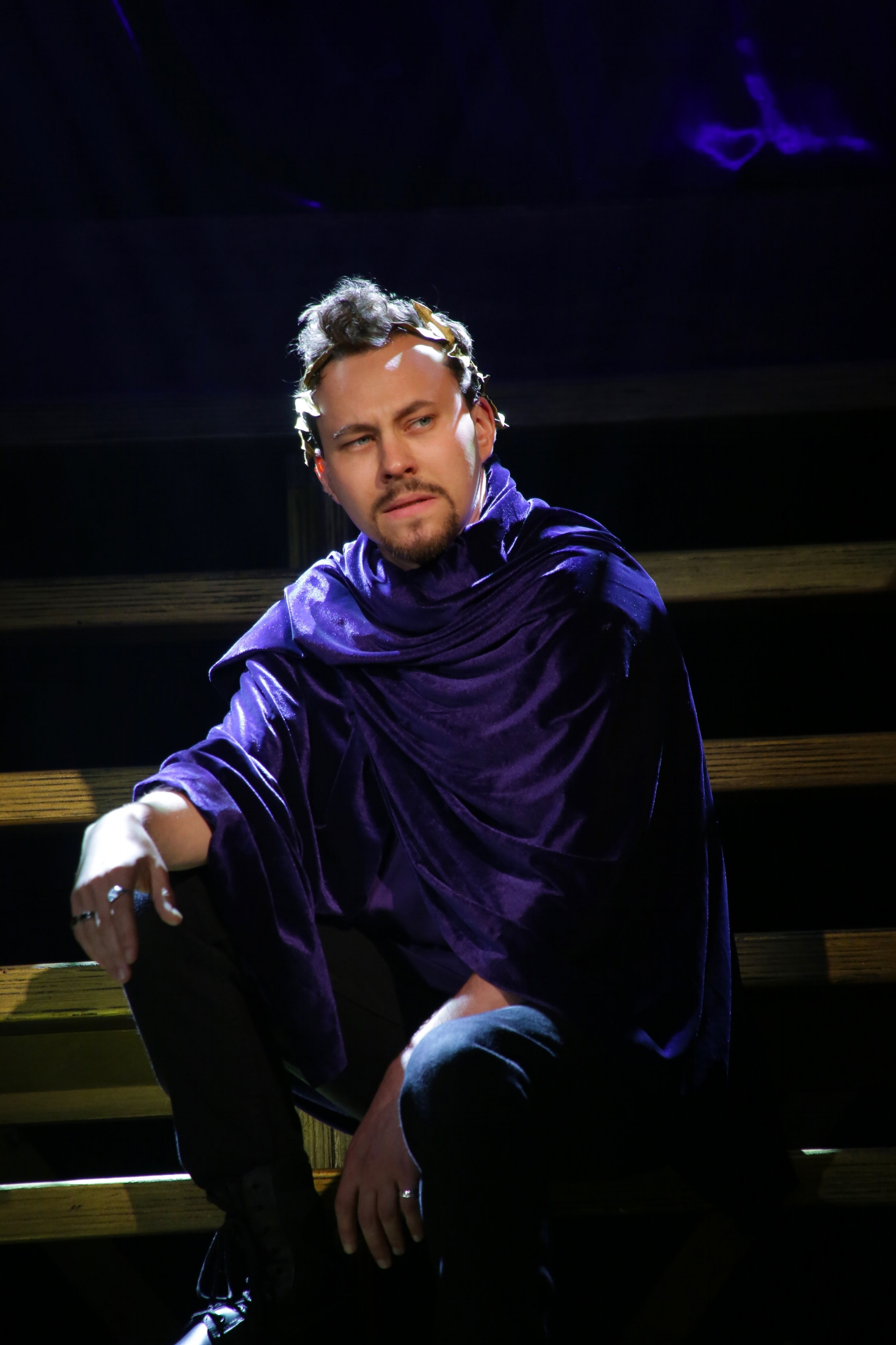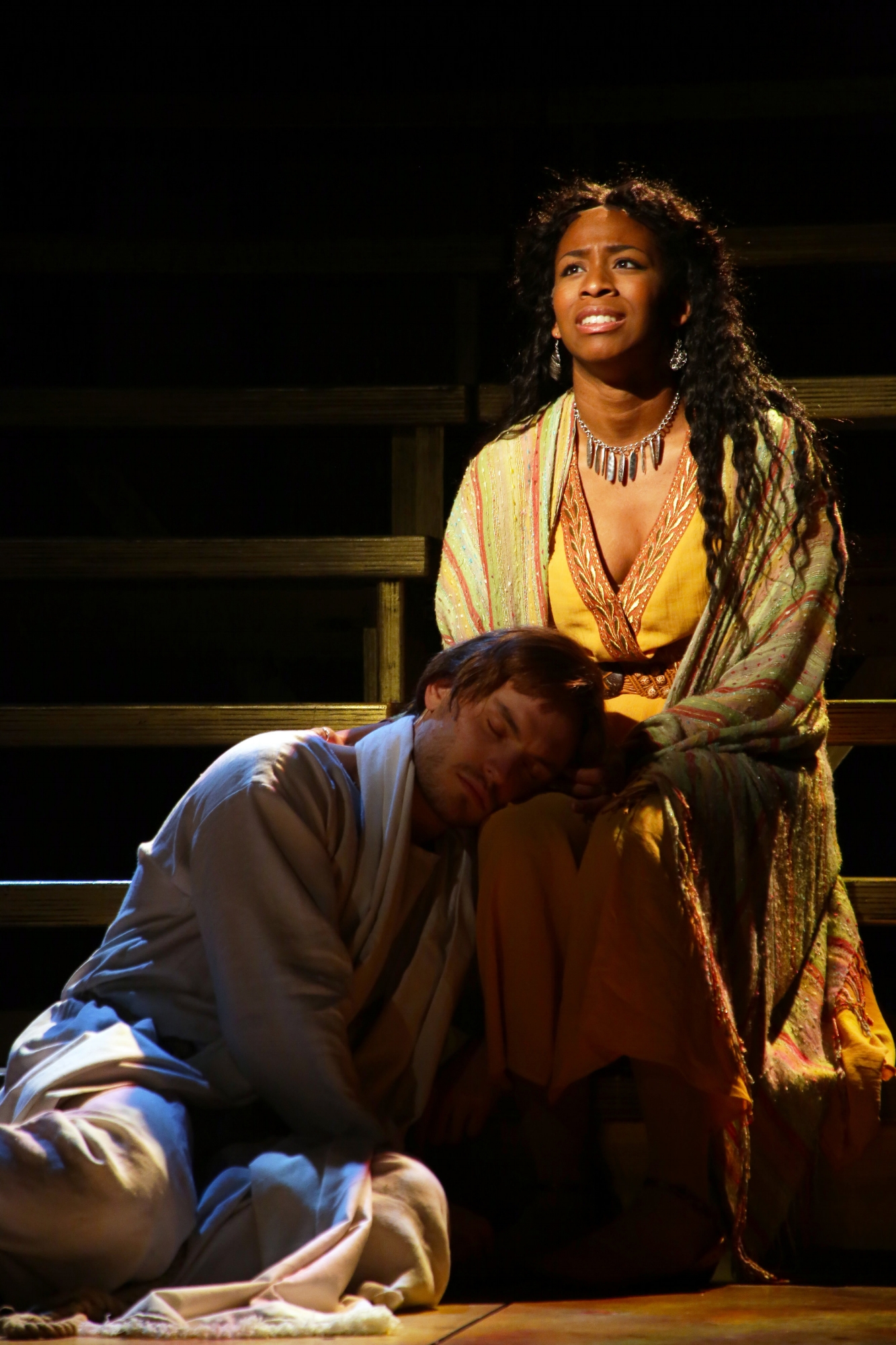Men on Boats, Connecticut Repertory Theatre
At this point in the pandemic that has altered so greatly the protocols of our daily activities, the idea of theater is in flux. The possibility of permitting audiences to sit in theaters with live actors on the stage is unlikely in the near future (with Broadway in New York projecting re-openings, possibly, some time in 2021). And yet, some kind of theater must go on, particularly for programs in theater, such as that offered at the University of Connecticut, where young talent has to take on the changed circumstances as part of what it means to do theater in 2020.
That challenge is something to bear in mind as one views “Zoom theater.” It’s not what anyone really means by “theater,” and it’s not really what those whose preferred medium is video mean by video. What we get is an odd hybrid. It’s live, in the sense that all the performers, in their individual screens, are doing their parts synchronously with the viewing. And yet it’s also remote. (The alternative is theater that has been taped to watch later, which does away with the synchronous element that is at least one of the traditional aspects of theater that many don’t wish to lose. We can’t be in the same place, but we can be at the same time. Which is appropriate, as this is a time we can’t choose but to inhabit.)
The Connecticut Repertory Theatre production of Men on Boats runs for nine performances October 8-18, each streamed live on a dedicated Zoom platform complete with a handsome background set by David Calamari (which we see in an image of the stage at UConn) and appropriate costuming by Xurui Wang. Directed by Beth Gardiner, the cast consists of two Equity actors, Margaret Ivey and Anaseini Katoa, and eight actors who are a mix of New York-based actors, recent MFA acting alum, and current students at UConn. The play reimagines the true-life adventure story of John Wesley Powell and his commissioned exploration, with four boats, of the Colorado River in 1869. The all-male expedition is recast by playwright Jaclyn Backhaus as women-as-men or as individuals of non-binary gender.
The experience of the play, then, is hybrid in several ways, all potentially interesting, but also potentially frustrating: live/onscreen; male/female; historical/contemporary.
The cast of Men on Boats at Connecticut Repertory Theatre, directed by Beth Gardiner; streamed via Zoom platform, October 8-18, 2020
First, the technical aspects. No doubt, on stage, there would be the fascination of seeing how four boats on rough waters are staged—there are plenty of spills and tense moments of navigation. On screen, such effects are largely a matter of one’s imagination. We see numerous squares with faces in them, mostly (monotonously) in medium shot. The Zoom feature whereby a speaker’s square lights when they speak is helpful for otherwise it would not be easy to see, at any distance from the screen, who is speaking. It can also be hard to keep focused on who is in which boat (initially, there are two boats with three, and two boats with two, and there is some switching about). This makes much of the physical business of the play glide by without much dramatic effect. Though it should be said that the uses of scenery and lighting (Alex Glynn) and sound (Daniel Landry) help, as do creative configurations of the screens onscreen. At one point, late in the play, Powell (Alex Campbell) appears in what amounts to a close-up. It helps wonderfully to bring dramatic focus, so that one wonders if more could have been done with the Zoom feature that lets a speaker fill the screen.
The purpose of the male/female aspects of the play elude me—other than giving male adventurer roles to female actors (which may be reason enough). The notion that masculinity is itself a performative role might be implied, but none of the actors made much effort to create the illusion of masculine characters. Which brings me to what disappointed most about the play—the hybridity of historical/contemporary: whatever the nature of these individuals were—since they are based on actual people—gets lost in favor of a contemporary gloss that does little to make the story exciting or amusing. It all seems to transpire as if communicated by texts between phones.
For some, that may be a strength, as converting the historical record to the terms of our times is a playwright’s purview. For me, it’s a fault that the script favors a contemporary idiom that does little to illuminate or entertain. The prospect of being among the first English-speakers of European descent to behold the Grand Canyon is conveyed by reiterations of “holy shit!” Even if I try to put myself into the mindset of someone for whom the lingua franca onstage is a refreshing level of diction, I can’t say I would be compelled (were I not a reviewer) to follow these explorers to their ultimate destination.
There are some elements that help to keep us onboard. Mostly, a kind of earnest engagement with the material that we expect from capable student actors. The best in that regard is Alex Campbell as John Wesley Powell who comes across as a figure of patience and courage by no means overbearing. Others in the cast provide some cross purposes to the main forward thrust of getting down river, including GraceAnn Brooks as Goodman, a somewhat daffy Brit who does not see the journey through. There is also a meet-up with indigenous inhabitants of the area, played by Margaret Ivey and Anaseini Katoa as smugly superior if reticently agreeable to their white visitors. Whatever the actual encounter might have been, it’s dressed in contemporary irony so as to show an awareness that whatever the whites thought was happening probably wasn’t.
At the end of the play things get a bit interesting but then mysterious with the fact that “fake news” of the expedition’s failure and the explorers’ death stole some of the glory of their accomplishment. Rather than ride that particular bugbear of our moment—media distortion as a way of life—the play ends with a look askance at the historical record itself. Leaving me, at least, wondering what was gained by dramatizing these events in this way.
Men on Boats
By Jaclyn Backhaus
Directed by Beth Gardiner
Scenic Designer: David Calamari; Lighting Designer: Alex Glynn; Costume Designer: Xurui Wang; Sound Designer: Daniel Landry; Technical Director/OBS Consultant: Audrey Ellis; Voice and Text: Julie Foh; Production Stage Manager/OBS Programmer: Tom Kosis; Dramaturgs: Eddie Vitcavage, Ellis Garcia
Cast: Anaseini Kotoa, Margaret Ivey, GraceAnn Brooks, Alex Campbell, Camille Fortin, Emma Joy Hill, April Lichtman, Lily Ling, Pearl Matteson, Jasmine Smith
Connecticut Repertory Theatre
University of Connecticut
October 8-18, 2020
Up Next:
November 12-21, Connecticut Repertory Theatre will produce, for the first time, a radio play. It’s A Wonderful Life, the 1946 film directed by Frank Capra, starring James Stewart in one of his best-known roles, became a Christmas classic on cable television in the 1990s. Adapted by Philip Grecian and directed by UConn Professor of Vocal Training, Jennifer Scapetis-Tycer, “this production will be a pre-recorded performance, with eight opportunities to tune in via zoom. In this production, Director Scapetis-Tycer reimagines (through sound) this heart-warming story featuring a huge cast of characters complete with ‘commercials’ and a Foley sound artist.”
